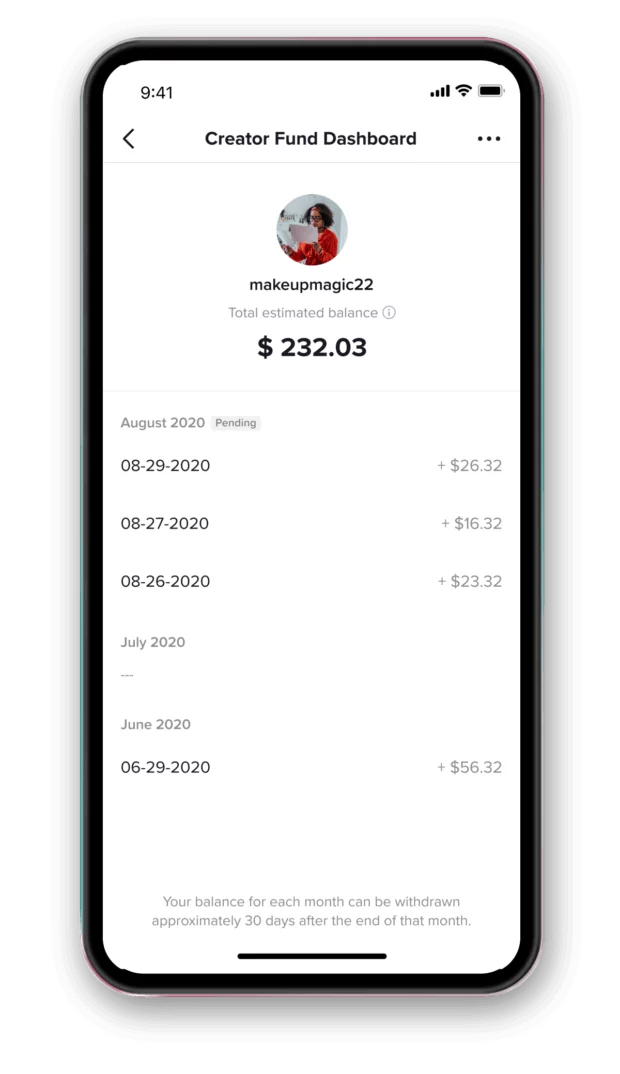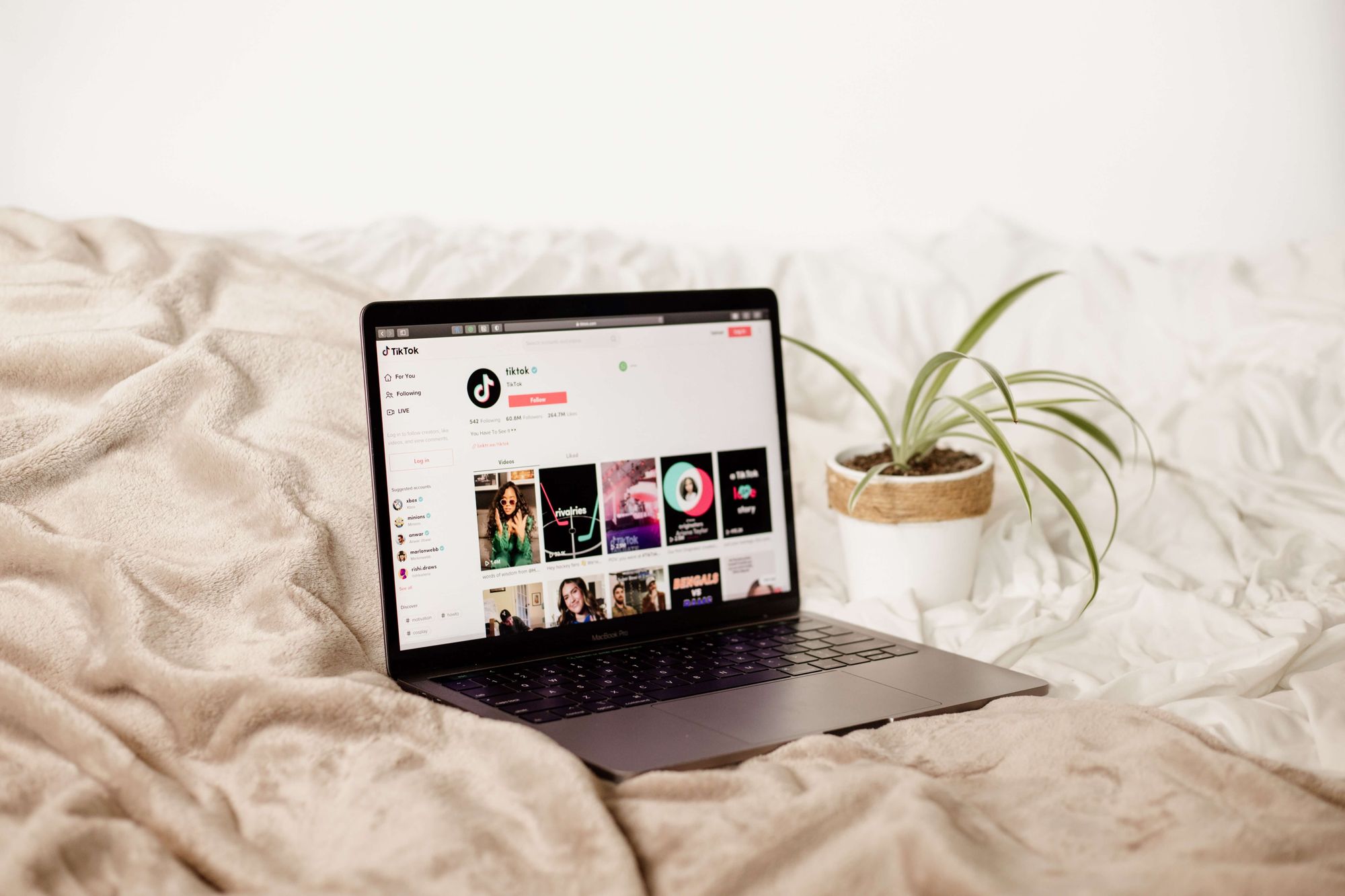
African creators are making waves on TikTok, captivating audiences with their authentic and vibrant content. Yet, despite their substantial contributions to the platform's cultural tapestry, many of these creators find themselves navigating a peculiar digital landscape, one where viral fame doesn't equate to financial gain. This paradox raises significant questions about equity and fair compensation in the realm of social media, where engagement often overshadows economics.

The Rise of African Creators
TikTok, with its 1 billion monthly active users worldwide, has become a global stage where creators can showcase their talents. African creators are leveraging this platform to share their rich cultural narratives, from dance challenges that echo traditional movements to comedic skits that humorously tackle everyday life in Africa.
According to a recent Instagram post, these creators are adept at producing content that is not only viral but resonates deeply with audiences across different demographics. Yet, despite their influence, the path to monetization—earning a living from their creativity—remains elusive for many.
The Monetization Challenge
So, what gives? Why aren't these creators cashing in on their viral success? The short answer is a combination of platform limitations and regional economic disparities. TikTok's creator fund, a primary source of revenue for many influencers, operates on a framework that doesn't always favor creators in regions like Africa. While creators in countries like the United States have more direct avenues for income generation through brand partnerships and affiliate marketing, these opportunities often bypass African creators due to logistical and economic barriers.
In an interview with a local tech blog, content strategist Njeri Mwangi explains, "The infrastructure for digital payments and brand partnerships is still developing in many African countries. That means creators often have fewer opportunities to monetize their content in the same way their Western counterparts do."

The Power of Authenticity
Despite these challenges, the authenticity of African creators has become their currency. Their content often reflects genuine life experiences and cultural nuances that are both entertaining and educational. This authenticity is a compelling factor in why their videos go viral, as audiences are drawn to content that feels real and relatable.
Nigerian TikTok star, Kemi Adewale, whose comedic videos have garnered millions of views, mentions, "People want to see real stories. They want to laugh and learn and feel connected to a culture that's different from theirs. That's what African creators bring to the table."
Bridging the Gap
To address the financial disparity, there is a growing call for social media platforms to reevaluate their monetization strategies. Suggestions include expanding the availability of creator funds and improving access to brand partnerships in underrepresented regions. Moreover, local governments and private sectors could play a vital role by investing in digital infrastructure to support these creators.
As highlighted by Social Media Today, understanding cultural fluency is key for brands looking to connect with diverse audiences. This represents not just a missed opportunity for creators but also for brands that could benefit from the unique perspectives African creators offer.
Moving Forward
The burgeoning influence of African creators on TikTok is undeniable. However, their journey highlights a broader conversation about equity in the digital age. It's about ensuring that creators, regardless of their geographical location, have equal opportunities to monetize their talents and sustain their livelihoods.

As we continue to celebrate the creativity and diversity these creators bring, it's essential to advocate for systems that support their financial well-being. After all, in a world where content is king, those who create it should be able to reap the rewards.